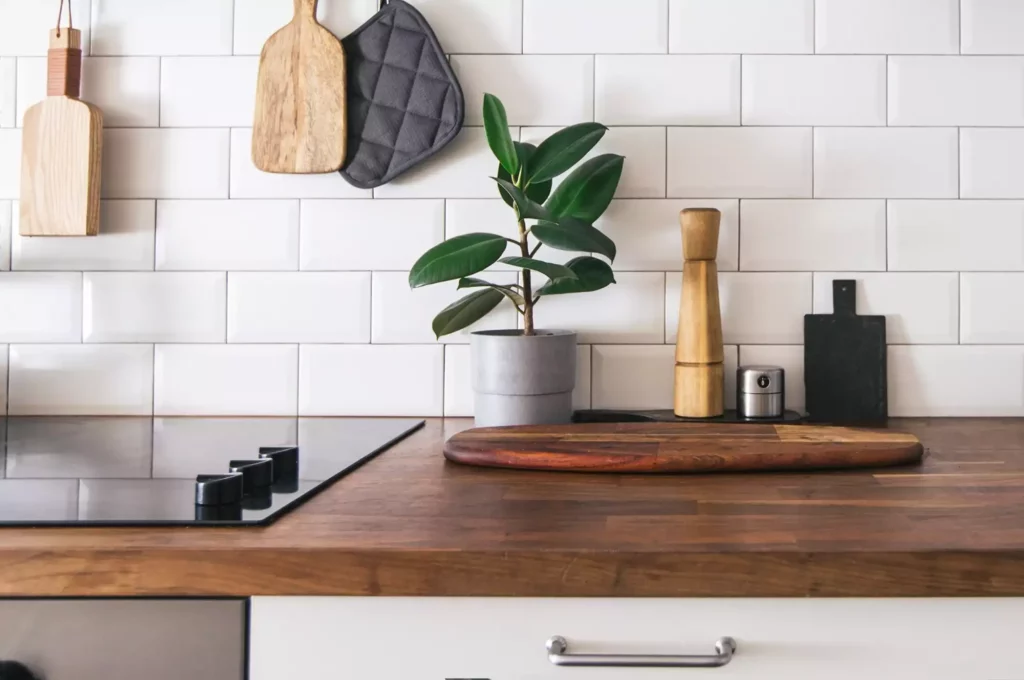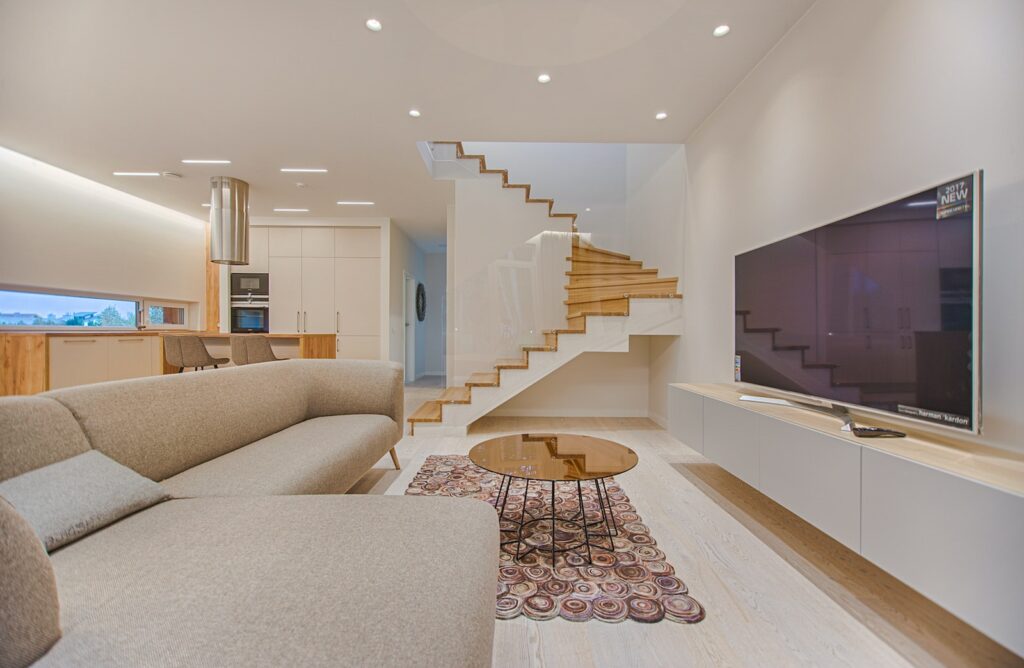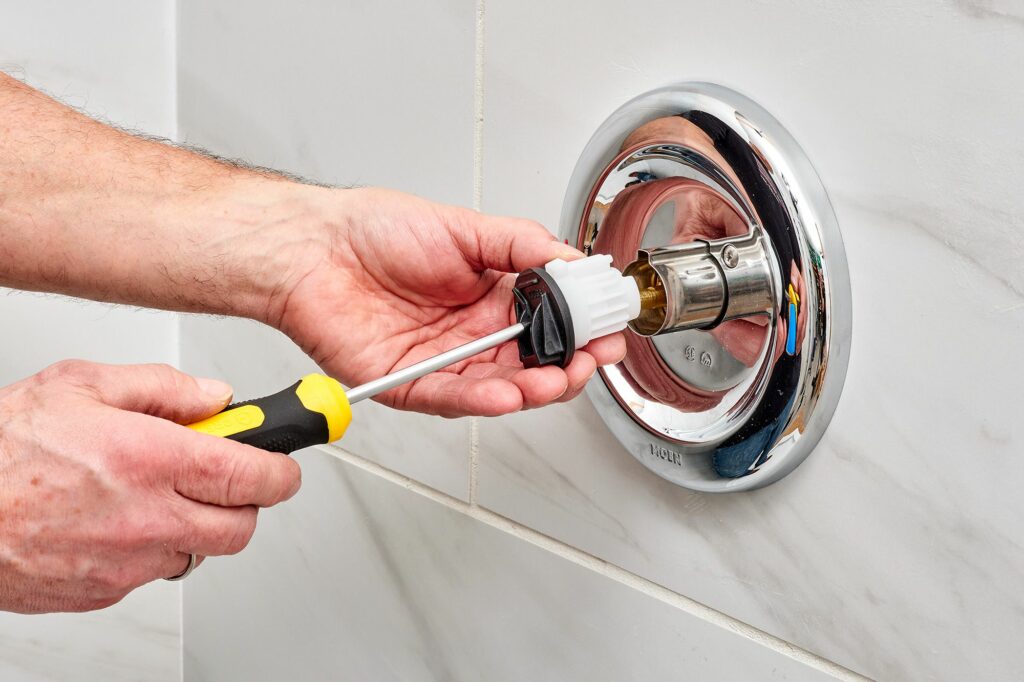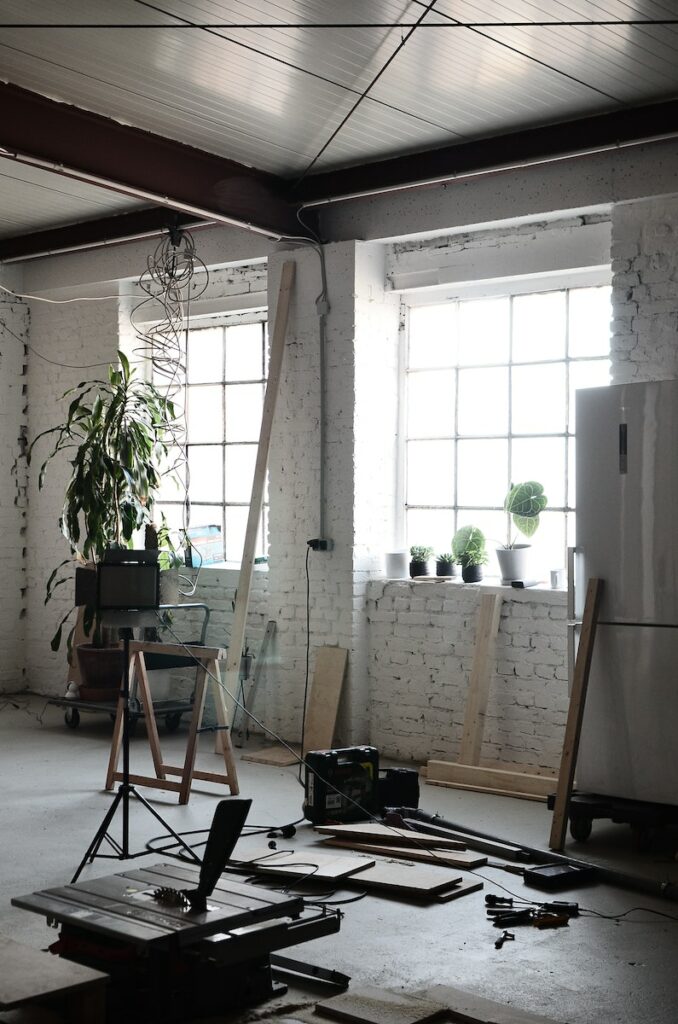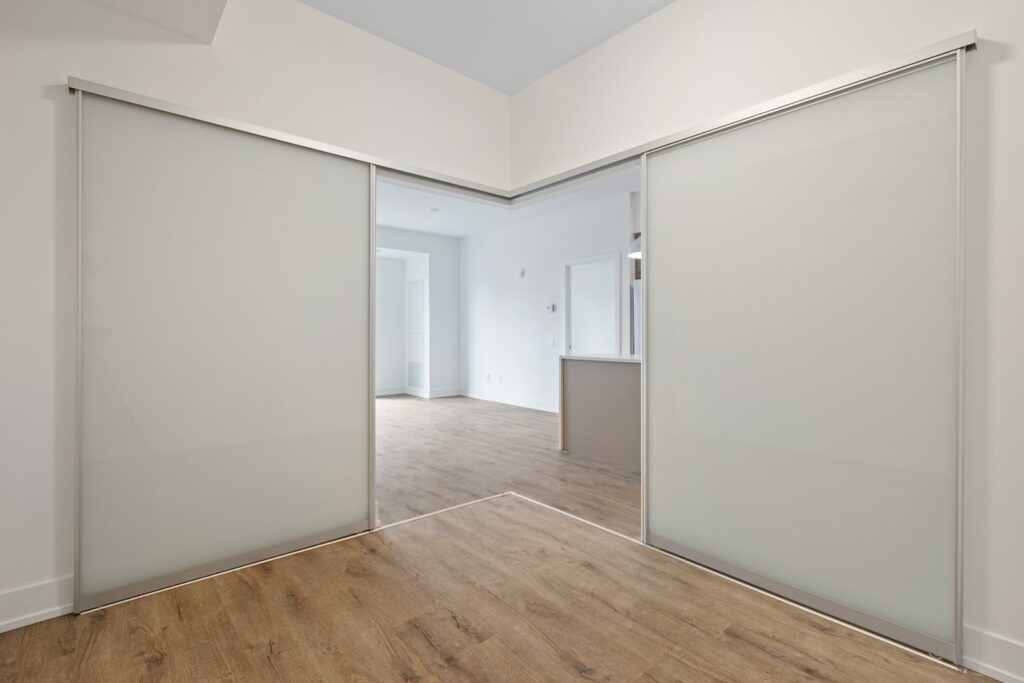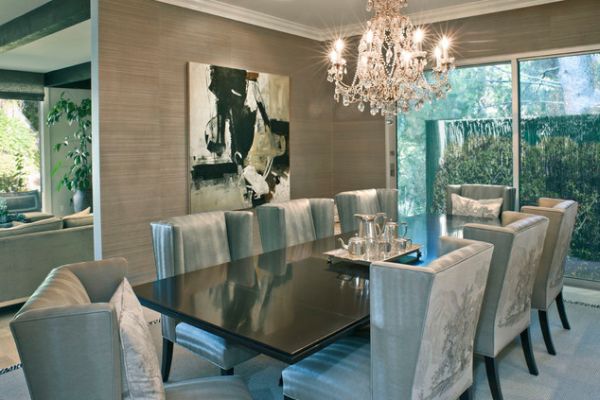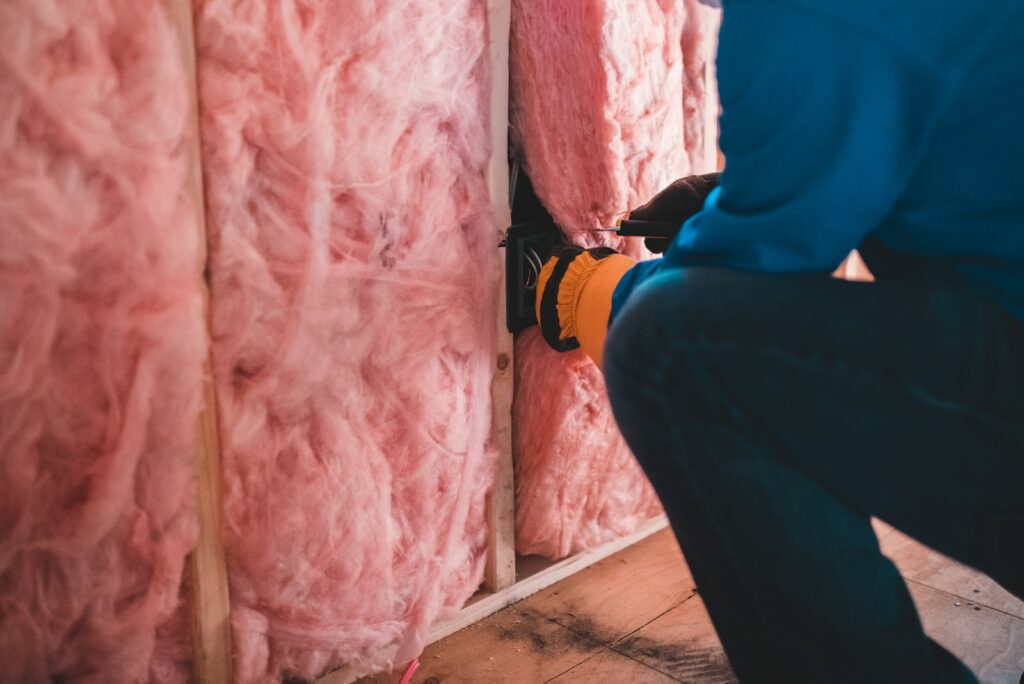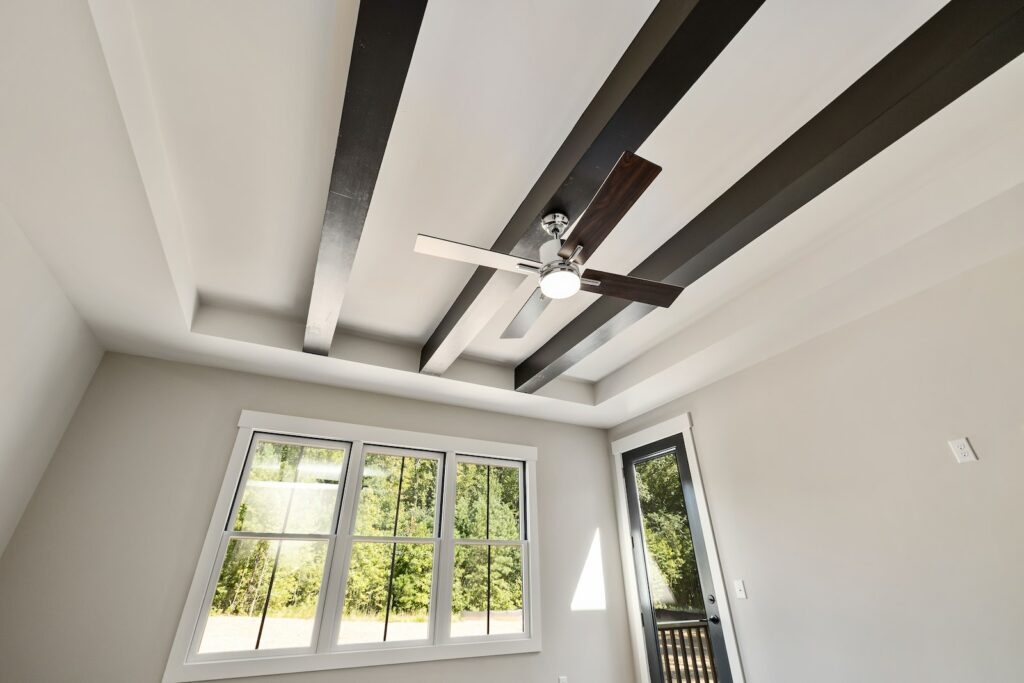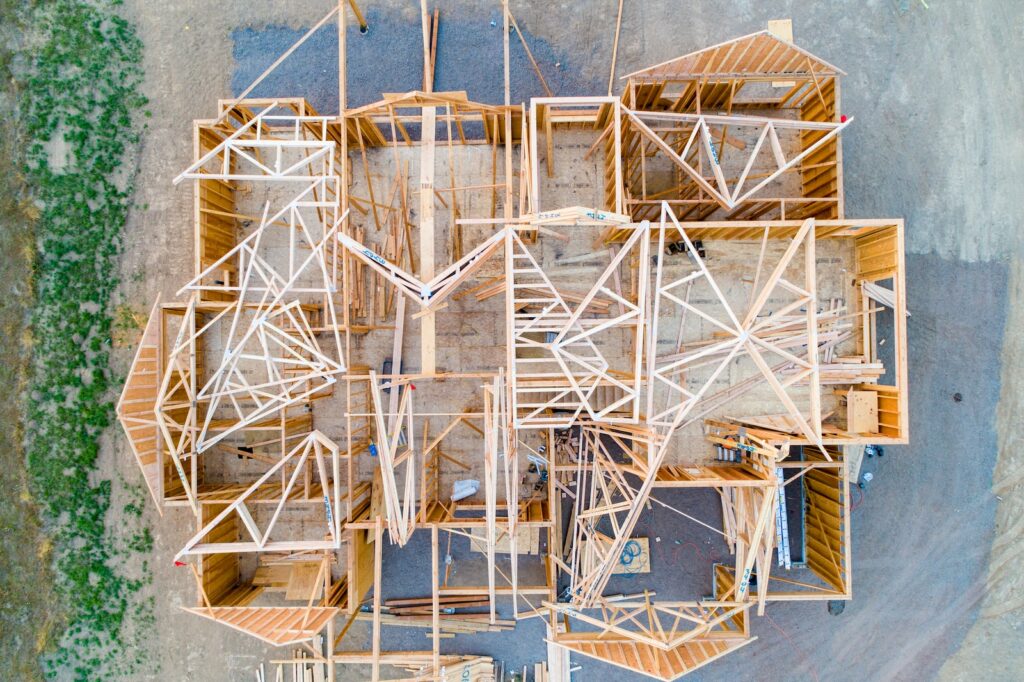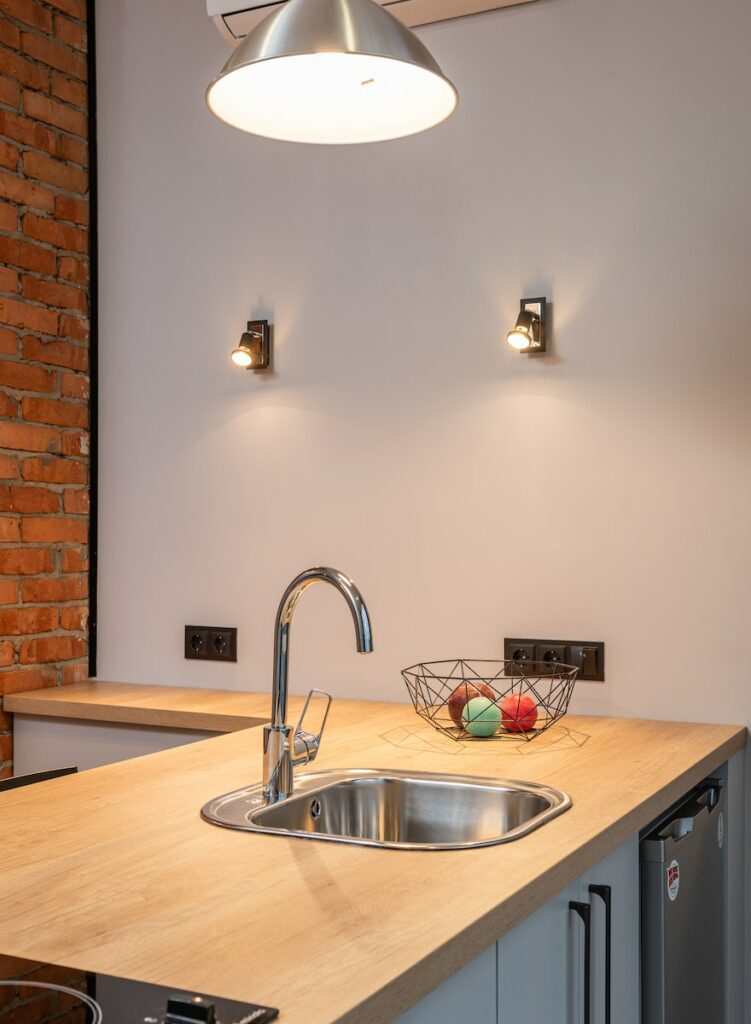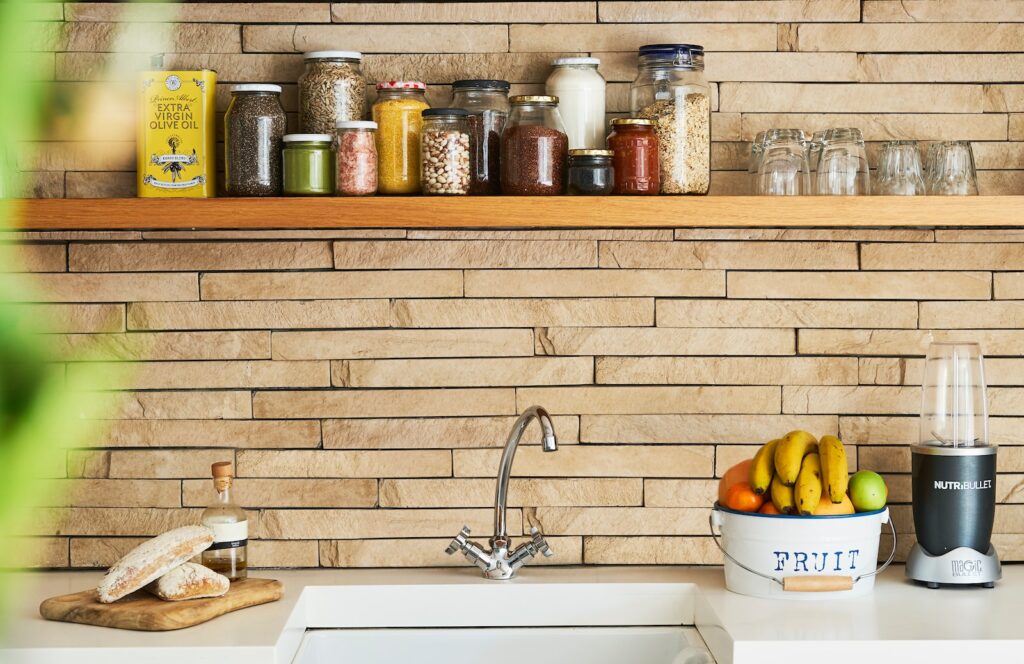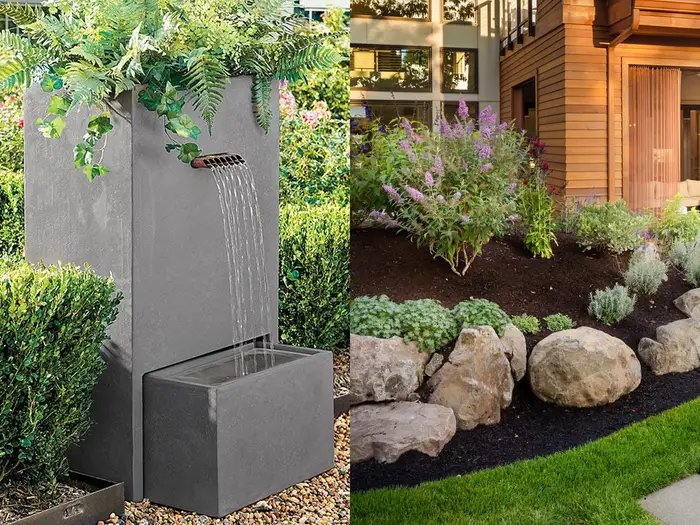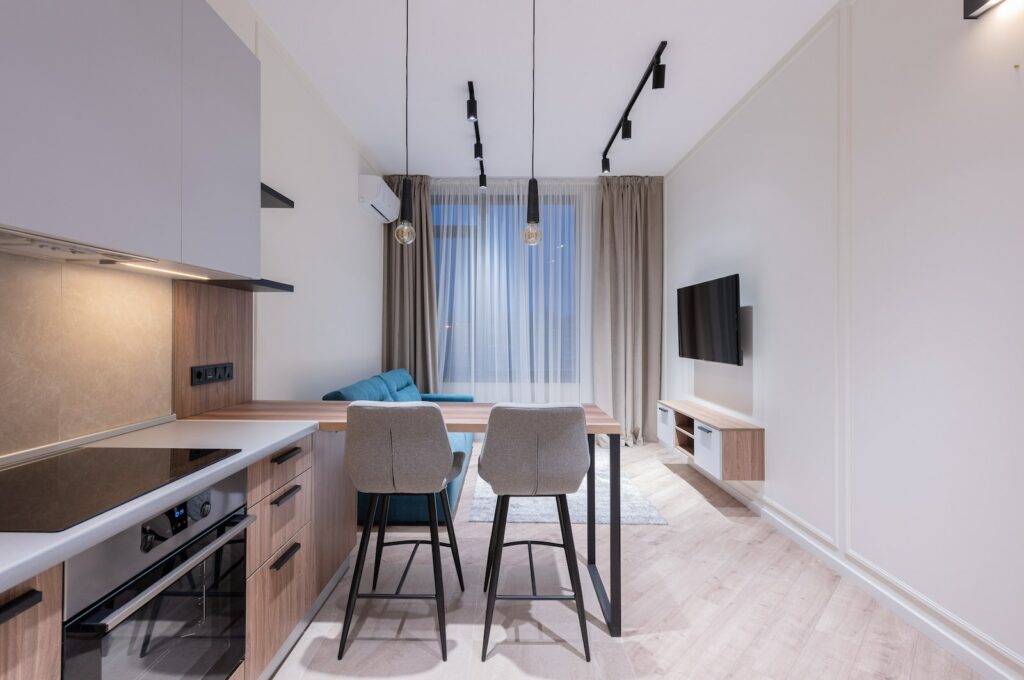The Pros and Cons of Different Kitchen Countertop Materials
Choosing the perfect countertop material for your kitchen is an important decision that requires careful consideration. Different countertop materials offer varying levels of durability, affordability, and ease of maintenance. It’s important to research your options carefully before making a final decision. This DIY guide will provide an in-depth look at the pros and cons of each type of kitchen countertop material and help equip you with the knowledge you need to make the best decision for your home.
Laminate Countertops
Laminate countertops are a popular choice for many homeowners due to their affordability. They are relatively easy to install and maintain, and come in a wide variety of colors and patterns to choose from. However, laminate countertops are not as durable as other materials such as granite or quartz. They are also not heat-resistant, so it’s important to use a cutting board or trivet for hot items.
Time & Expense Required
The installation time for laminate countertops is relatively quick and easy. Most countertops can be installed in one to two days, depending on the size and complexity of the project. As far as expenses, laminate countertops are among the least expensive options, making them attractive to those on a budget.
Pros:
- Inexpensive
- Easy to install
- Wide variety of colors and patterns
Cons:
- Not heat-resistant
- Less durable than other materials
- Susceptible to scratches and dents
Granite Countertops
Granite countertops are a popular choice for many homeowners. This material is extremely durable and heat resistant, making it ideal for busy kitchens. Granite countertops are also incredibly versatile and come in a variety of colors, making them an aesthetically pleasing and stylish option. However, granite countertops require regular sealing to protect them from staining, and they can be costly to install and maintain.
Time & Expense Required
Granite countertops typically take a few days to install. This is due to the time necessary to measure and cut the stone, as well as other necessary preparation tasks. The material itself is fairly expensive, and the installation costs can add up quickly.
Pros:
- Extremely durable
- Heat resistant
- Wide range of colors and patterns
Cons:
- Expensive to install and maintain
- Requires regular sealing to prevent staining
- Susceptible to damage from acids
Quartz Countertops
Quartz countertops are becoming increasingly popular due to their flexibility and durability. This material is highly resistant to wear and tear, and it is also non-porous, which makes it less susceptible to staining and bacteria buildup. Quartz countertops come in a variety of colors and patterns, making them versatile and attractive. However, they are the most expensive of all countertop materials, and they can be difficult to install.
Time & Expense Required
The installation process for quartz countertops can be lengthy and complex. Expect to spend at least two days on the project, and possibly more depending on the size and complexity of the project. The cost of the materials and installation can also be high.
Pros:
- Non-porous and highly resistant to wear and tear
- Tend to be less expensive than other high-end materials
- Wide variety of colors and patterns
Cons:
- Expensive to purchase and install
- Difficult to install
- Susceptible to scratching and cracking
Conclusion
As you can see, each countertop material has its own unique pros and cons. It’s important to weigh all of your options carefully before making a decision. By researching the pros and cons of each type of countertop material, you can make an informed decision that will best suit your needs.

